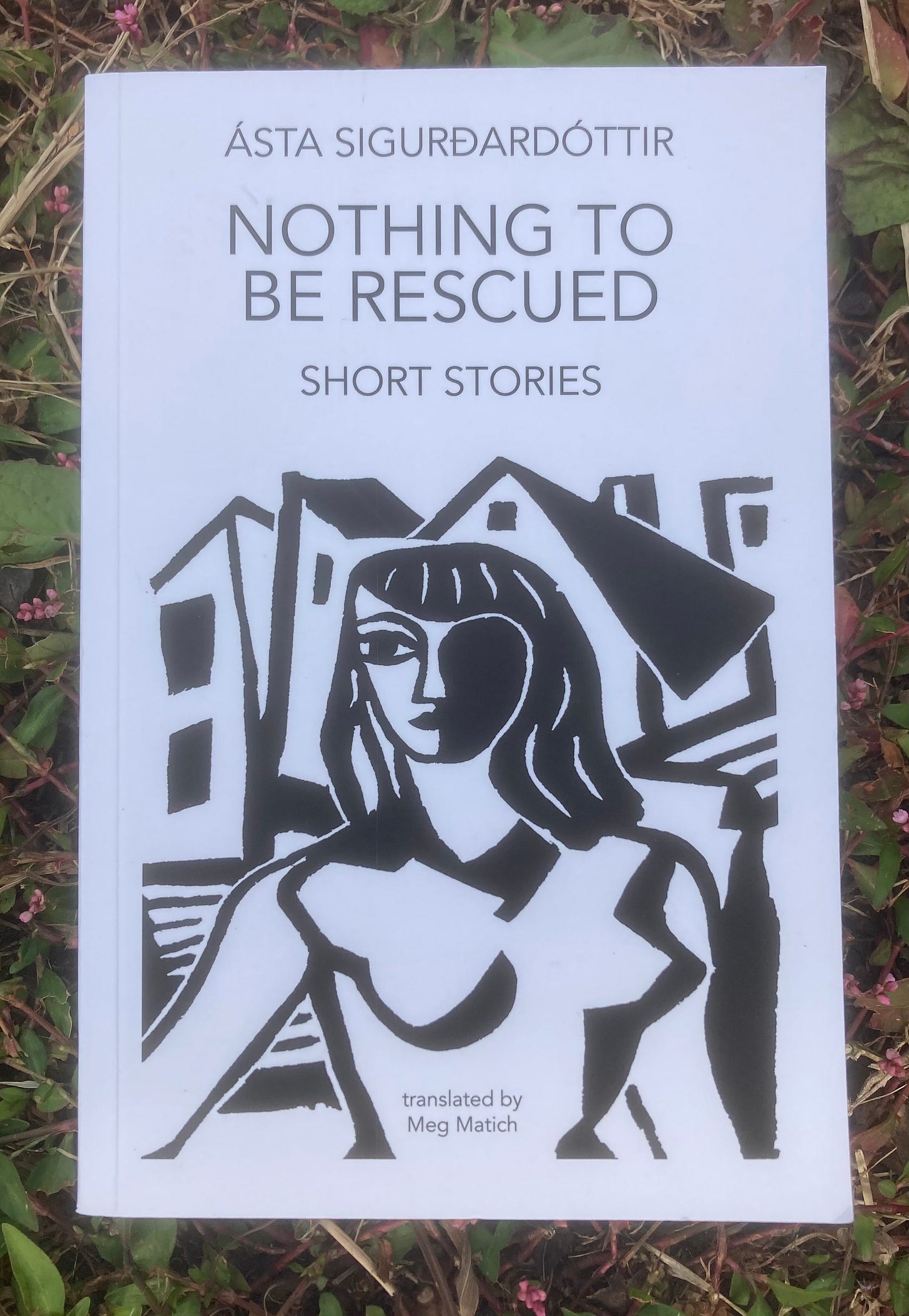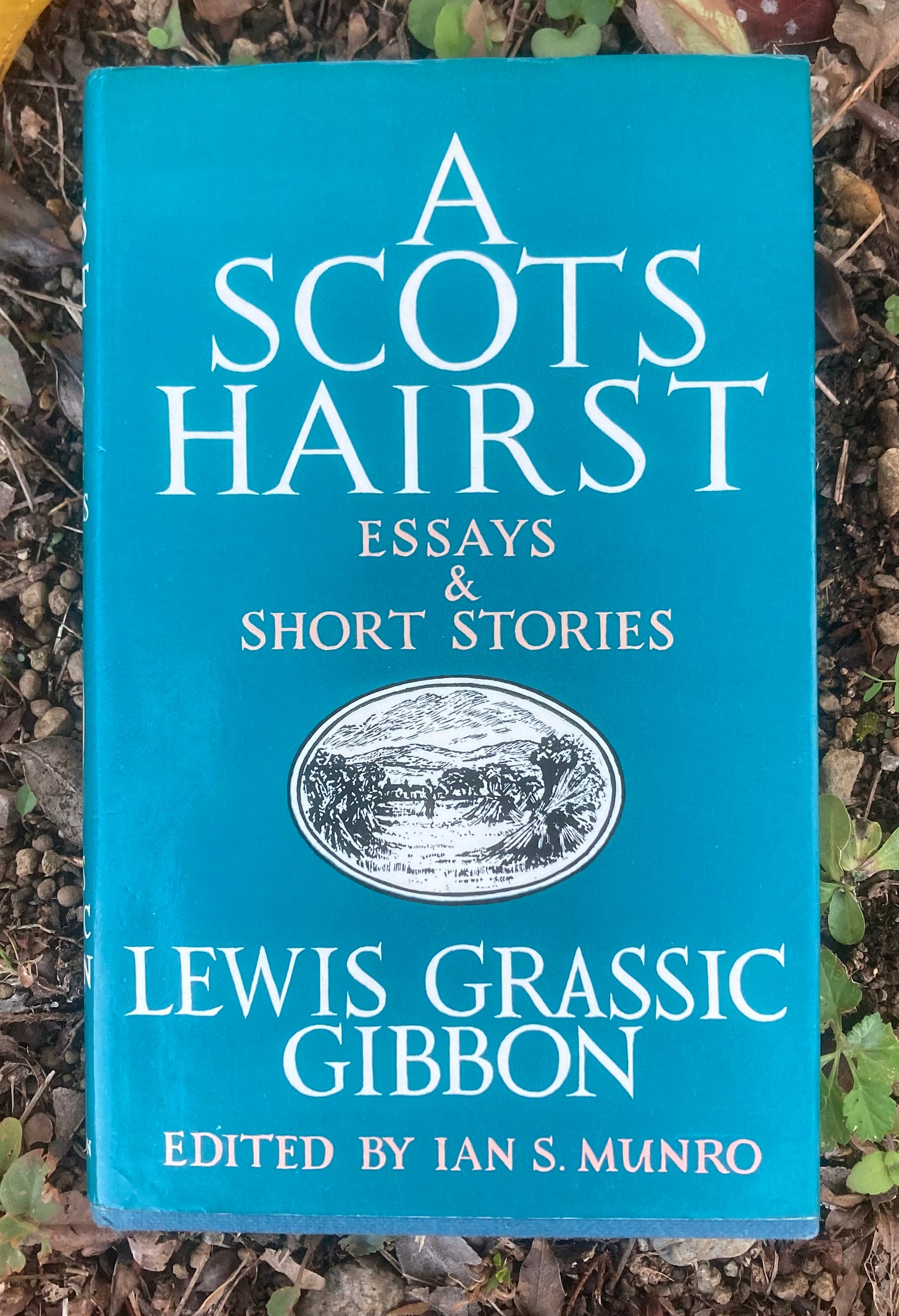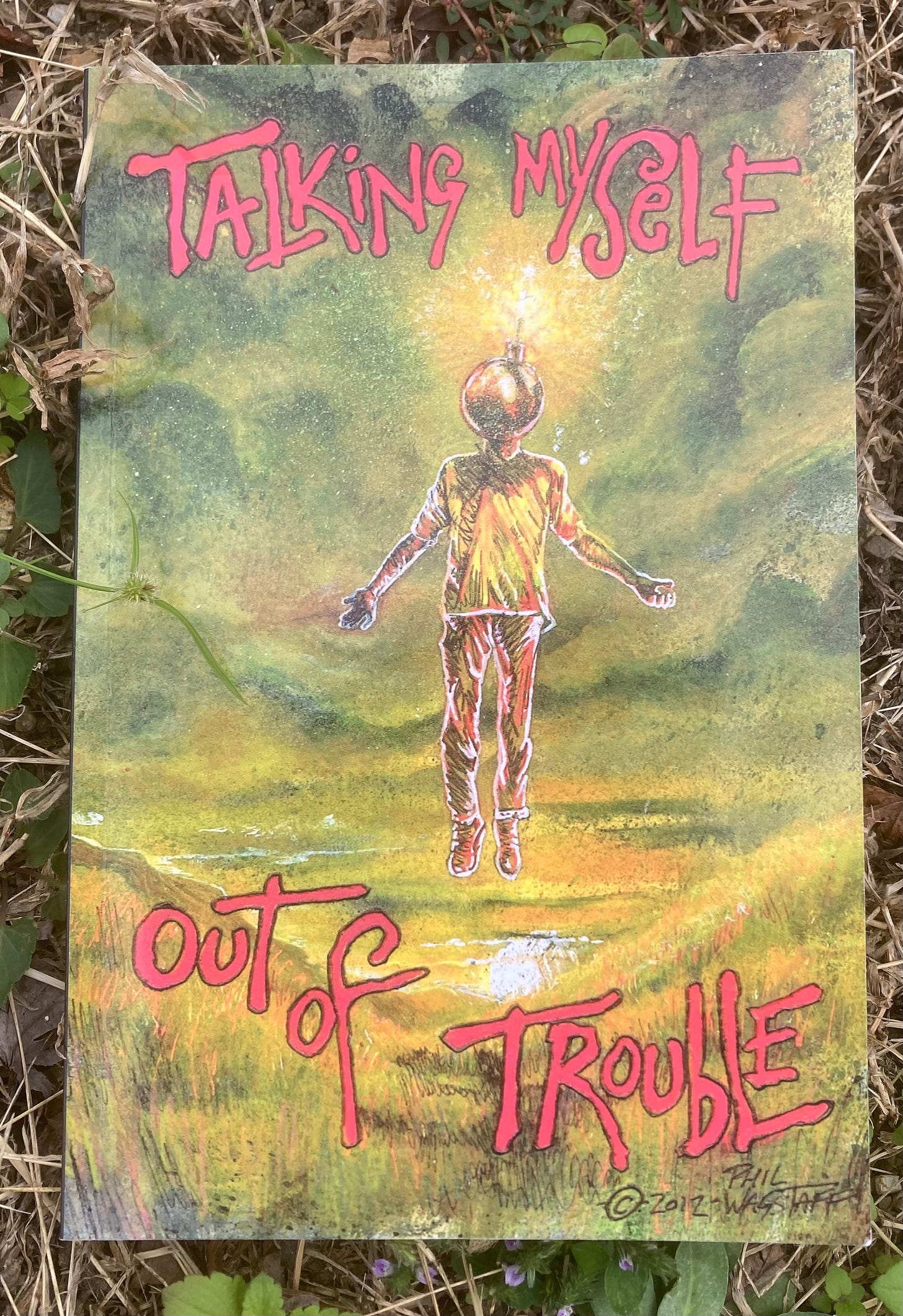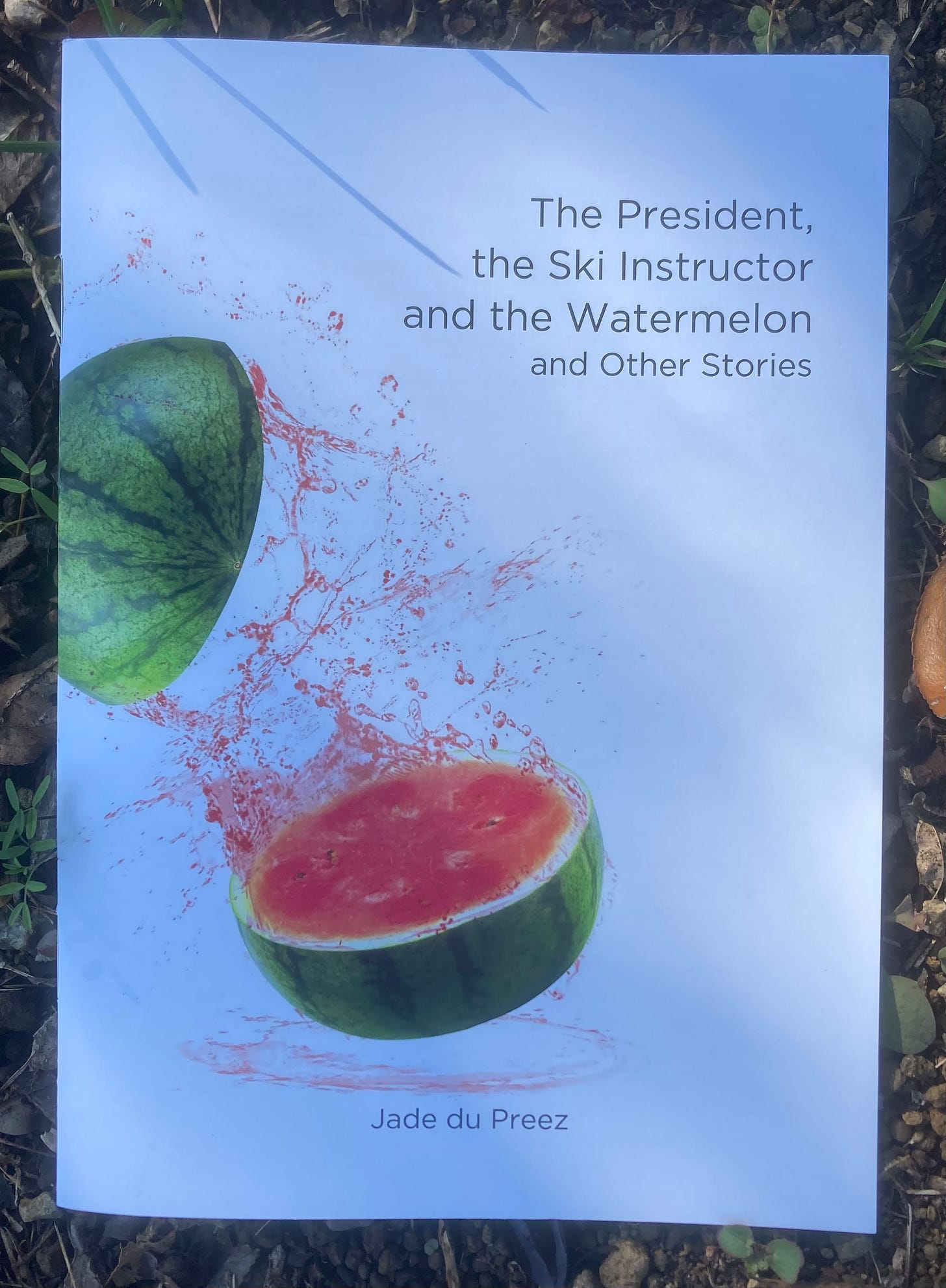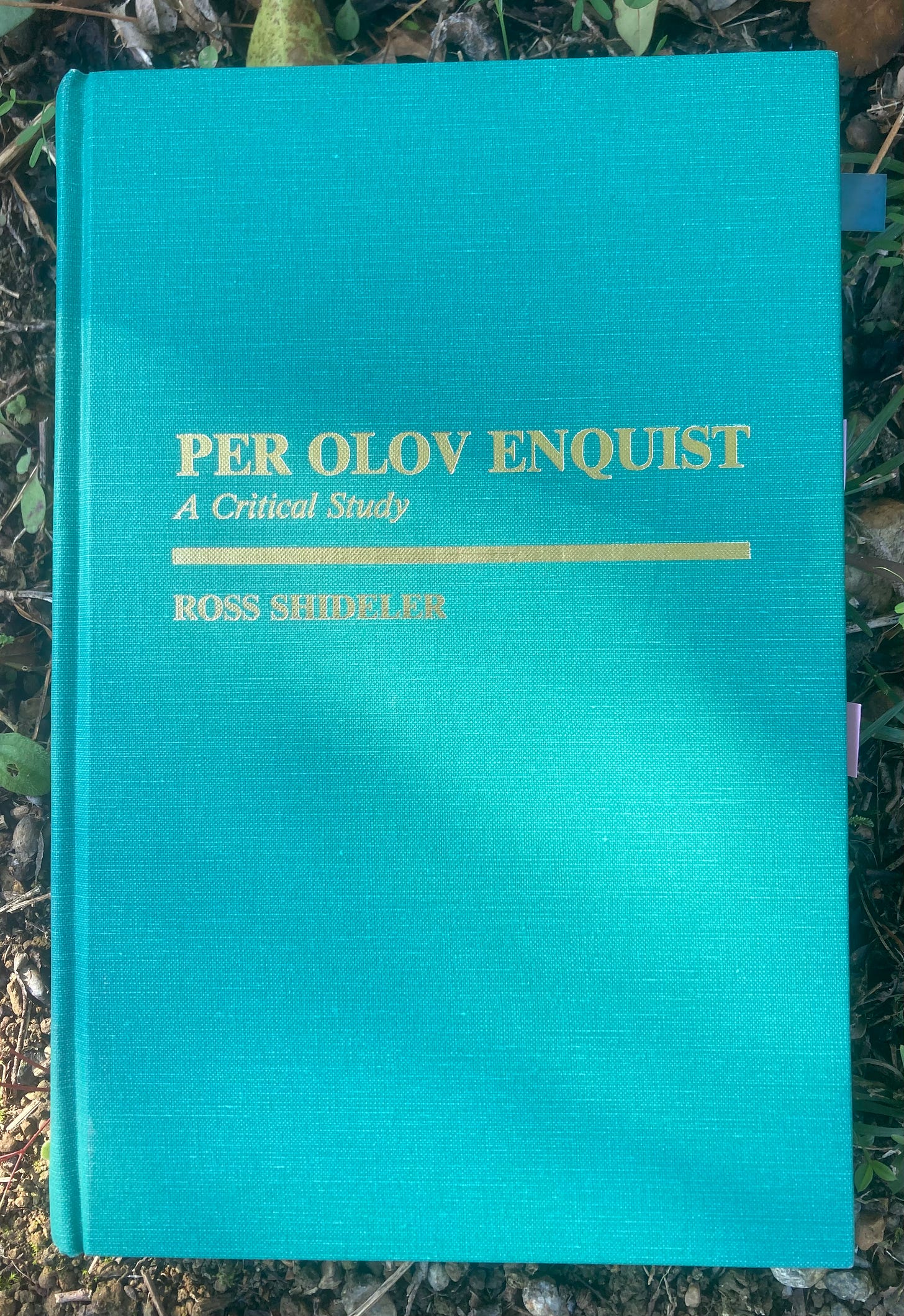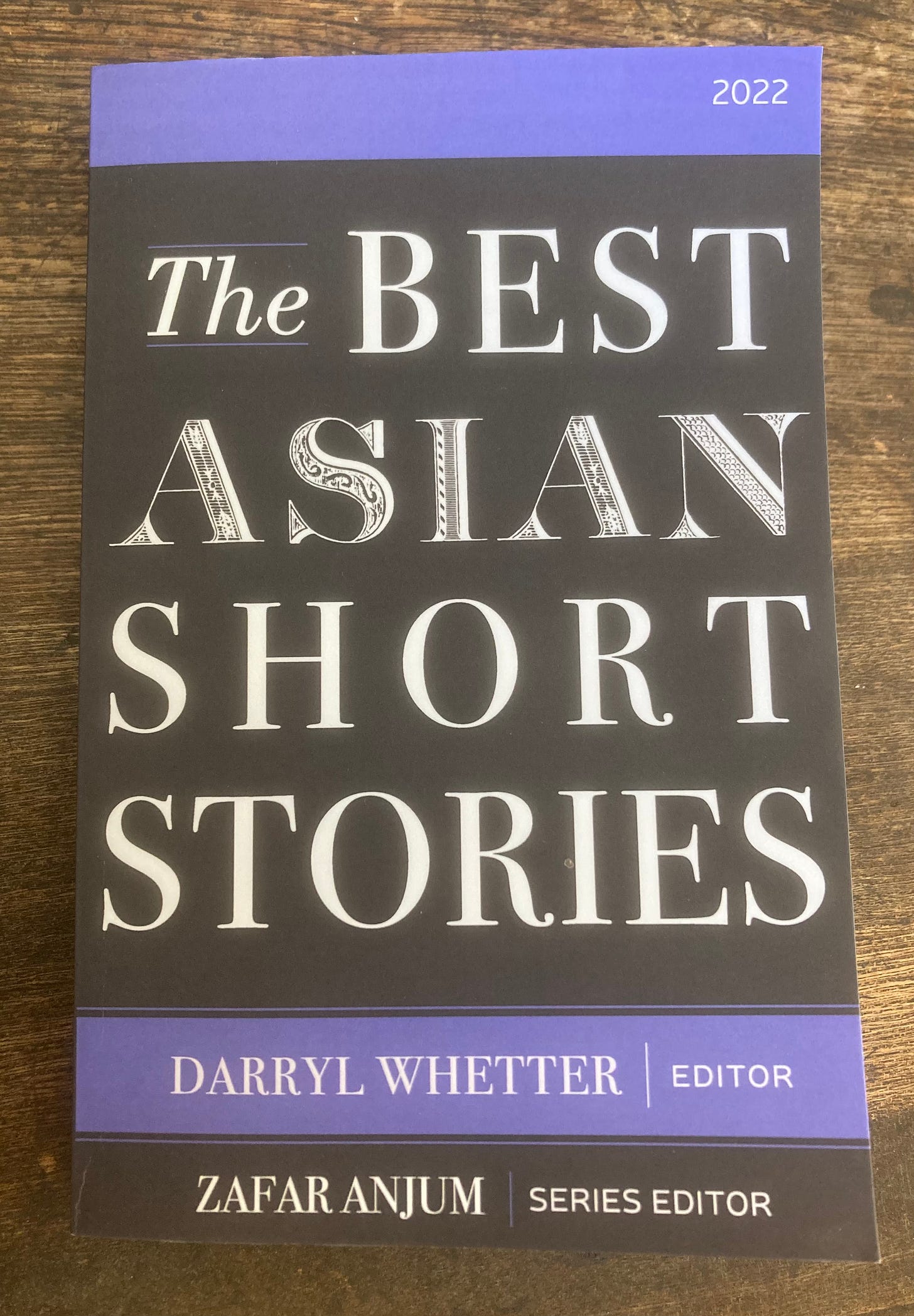October Books
Nordisk are bringing out a new book in November which is wonderful news. As a HUGE fan of this publisher I’m on the mailing list and immediately responded to the pre-order plea (if you like books you should a) be on the mailing list of indies and b) pre-order stuff. Pre-ordering allows publishers to plan print runs in economical ways (print enough so everyone’s happy/don’t print too many and lose money) and also has a big impact on first-week sales figures and consequently things like Amazon algorithms). Duncan J. Lewis, head of Nordisk and one of the main translators of their list very VERY kindly stuck my copy in the post straightaway and contrary to the usual international postal service delays it arrived quickly. As expected, it’s great. Raw, punky short stories that reminded me of Izumi Suzuki (who I’m on record as loving). If you’ve been following this for more than a couple of months you’ll have heard me wang on about Nordisk so the fact that I give this a thumbs up is of no surprise. If you’re one of my new subscribers, go check them out. Support indies, support fiction in translation, support literary people in Britain being shafted by Brexit. Oh, and Duncan, please translate Per Olov Enquist, particularly Hess. I NEED to read the rest of his work and learning Swedish at this stage in my life seems so much effort.
I was put off Lewis Grassic Gibbon for many years—decades in fact—by a crappy teacher in secondary school who taught “Smeddum” and bits of Sunset Song at us in a way that made me think we were being punished for something. She sucked all the fun out of his prose, all the genius out of his characterisations, all the poignancy out of his stories, and presented it as nothing more than a curio from our area that we should read because she said so. There was a test. It’s hardly surprising some people just give up on books completely. Fortunately, I was never one of those and eventually cycled back round to A Scots Quair, discovering it for myself and falling in love with the rhythms of his writing. This collection of stories and essays has been sitting on my mother’s shelf since I was a kid—I remember not having a clue what hairst meant and puzzling over it for years—and last time I was home I threw it in my bag (with permission, of course). It’s not as good as A Scots Quair—these collections never are—but the five stories at the beginning, including “Smeddum,” are utter genius. The lilt of the sentences and the peculiarly local turns of phrase brought back echoes from my childhood of old people from the generation Gibbon was drawing inspiration from, and the delightfully idiosyncratic way they spoke, a form of Doric that was perhaps already dying out and certainly one that I never learned in an era where saying “aye” would get you in deep shit at school. The juvenilia at the back is perhaps of interest to scholars but doesn’t do much for the casual reader, and some of the essays… well let’s just say they haven’t aged well. But for those five stories at the start alone, I’m glad I realised that my problem was with that teacher, not with Lewis Grassic Gibbon.
On October 1st we (Red Flag Waltz, the band in which I play guitar) opened for Matt MacManaman for the Toyohashi date of his Japan tour. Also on the bill was Leon the Pig Farmer (aka Jack Horner) an English spoken word poet. It was a nice change of pace at these kind of events. He did a set by himself and then an improvisational set with the other support band, Bona. I bought a copy of his debut book, Talking Myself out of Trouble. Poems written for performance always lose something on the page but the brutal honesty with which he writes about his PTSD comes across even without the voice and cadence.
On October 14 and 15 I hosted the Japan Writers’ Conference in Nagoya. It’s always one of my highlights of the year and while hosting was stressful and it meant I couldn’t actually watch many of the presentations, one silver lining was that I could buy as many books as I wanted and not worry about carting them home. The Isobar Press table is always my first port of call and one of the poetry collections I grabbed this year was by Isobar’s great leader, Paul Rossiter. The Pleasures of Peace is something of a travel memoir in prose, mixing short-form haiku-adjacent poems with much longer sequences written as Paul wandered the Earth in 2018/19. Powerful opener “Pythagorean” was a stand out for me as I read this by my fire pit, as was “Sea-Change” with its Joycean rhythms and neologisms.
Another from the JWC was New Zealand writer Jade du Preez’s short story chapbook. She is a new writer to me (another joy of the JWC, finding new writers) but the stories in this short collection are elegant and memorable. She is working on a novel at the moment, so I’ll be keeping an eye out for that.
I’m a big fan of John Dougill’s book Hidden Christians about Japan’s, well, hidden Christians, so I was delighted when Stone Bridge offered me an advance copy of his latest, Off the Beaten Tracks in Japan. It’s a travel book that follows John from north to south as he travels Japan by rail. This is exactly the kind of travelogue I enjoy and aim to write in my own travel books, where the journey provides the trunk off which branches of history, literature, culture and language can sprout. Wry and interesting, John is a good narrator to be in the company of for a few hours and if you’re interested in travelling in Japan it should highlight a few out-of-the-way places to check out.
Long time readers of this site will know of my love for Per Olov Enquist. Not much has been written about him in English (and many of his books have never been translated) so when I came across this "Critical Study” I had to get it. It’s more of an overview of his career up to 1984, and therefore misses out some of his most successful works, and the author spends more time than I’d like just summarising the plot of each book, but there are some excellent insights. When I finally get round to writing something substantial about Enquist, this will definitely come in handy.
Another one I picked up at the JWC was this anthology. I got it from Suzanne Kamata, who has an excellent story in it. It’s a nice mix of styles and voices, and as always with these things, a good way to meet new writers. In addition to Suzanne’s story, I particularly liked Simon Rowe’s story “Paris Match” and Anisha Ralhan’s “Alone Together”.




